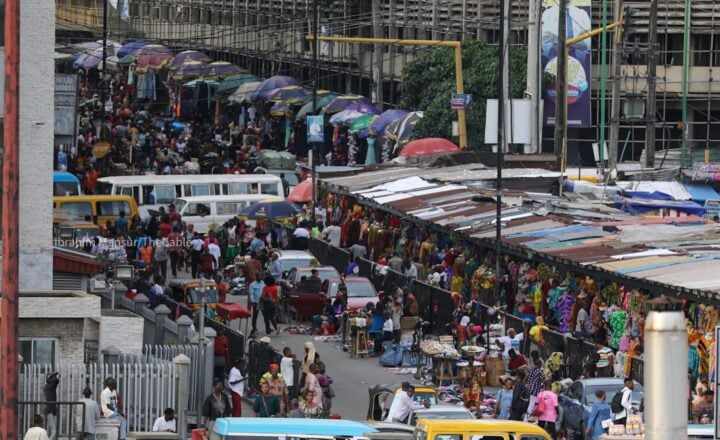139 Million Nigerians Still In Poverty – World Bank Urges Reforms To Improve Living Standards

The World Bank has urged Nigeria to ensure that the positive results of its ongoing economic reforms directly improve the living standards of its citizens, as new data shows that about 139 million Nigerians are currently living in poverty.
Country Director for Nigeria, Mathew Verghis, made the call on Wednesday in Abuja during the launch of the latest Nigeria Development Update (NDU) report.
Verghis commended the federal government for its bold reforms, particularly the removal of petrol subsidies and the unification of the exchange rate, describing them as transformative policies that have helped stabilise the economy and laid the groundwork for long-term growth.
“Over the last two years, Nigeria has implemented major reforms around the exchange rate and petrol subsidy. These policies have laid the foundation for transforming the country’s economic trajectory for decades to come,” he said.
According to him, the results are becoming visible through rising government revenues, a more stable foreign exchange market, improving reserves, and a gradual slowdown in inflation.
“Growth has picked up, revenues have risen, debt indicators are improving, the FX market is stabilising, reserves are rising, and inflation is finally beginning to come down. These are major achievements, and many countries would envy them,” Verghis noted.
However, he expressed concern that millions of Nigerians are yet to feel the impact of these macroeconomic gains, warning that reforms must translate into real improvements in people’s lives.
“Despite these stabilisation gains, many Nigerians are still struggling. In 2025, we estimate that 139 million Nigerians live in poverty. The challenge is clear: how to translate reform gains into better living standards for all,” he added.
The new NDU report, titled “From Policy to People: Bringing the Reform Gains Home,” outlines a three-point plan for sustaining economic progress — reducing inflation, improving public spending efficiency, and expanding social safety nets.
Verghis highlighted that tackling food inflation should be a priority, as it disproportionately affects low-income households and could erode public support for ongoing reforms.
“Food inflation affects everyone but hits the poor the hardest. It also threatens to undermine political support for reforms. Tight monetary policy is essential, but it must be complemented by structural measures that tackle supply and market bottlenecks,” he explained.
He also called for better management of public funds and stronger social protection systems to cushion economic hardship and promote inclusive growth.
“These are not abstract ideas — they are practical steps that can turn macro-stability into improved livelihoods,” Verghis said.


